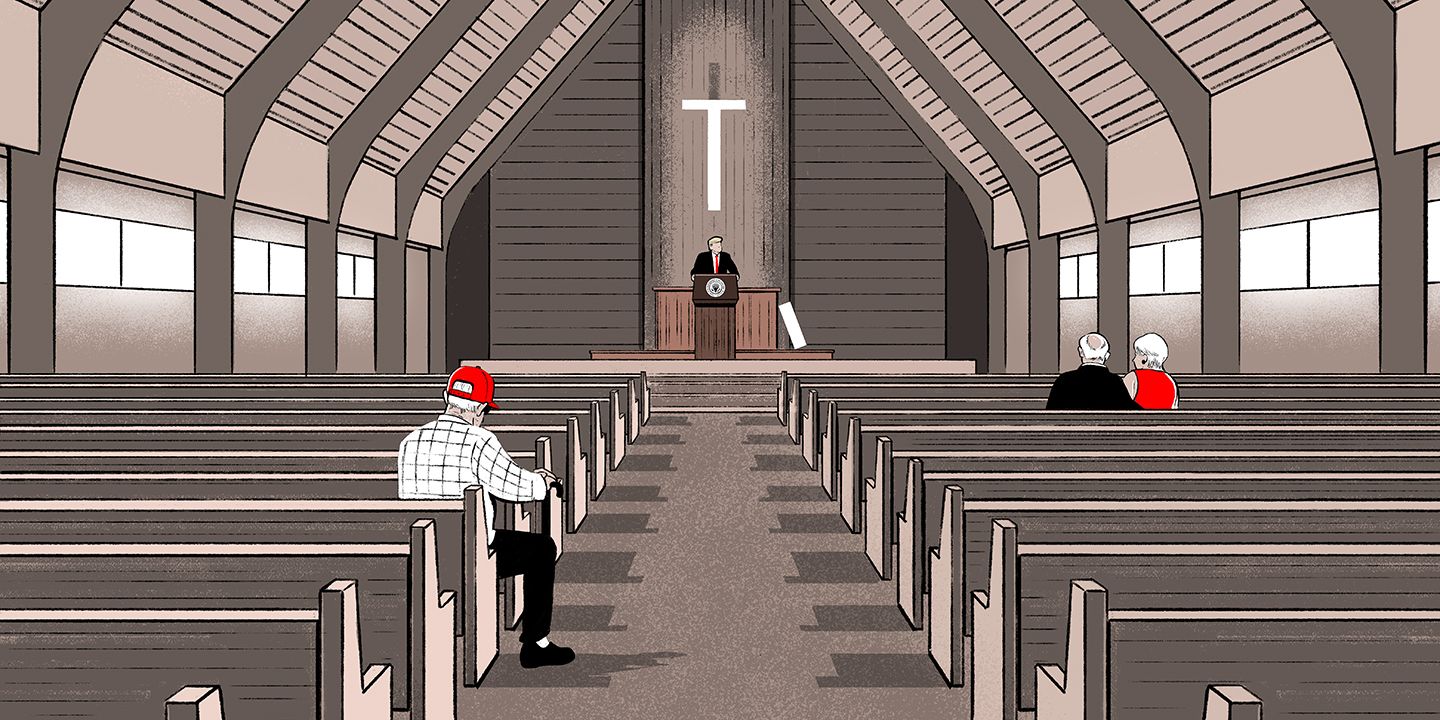“Since the 1970s, white evangelicals have formed the backbone of the Republican base. But as younger members reject the vitriolic partisanship of the Trump era and leave the church, that base is getting smaller and older. … The exodus of youth is so swift that demographers now predict that evangelicals will likely cease being a major political force in presidential elections by 2024.”
Republicans relied on evangelicals for decades, but a political reckoning is afoot.
Views: 56

As for the Republican party, it will be recast as both parties have several times before; the US system naturally produces two parties that are about equal in numbers.
But the news about Evangelicalism is interesting, as the movement in the current sense is not quite as old as I am — when I was a boy, there was Fundamentalism, and the Southern Baptists were particularly famous for it. But the current movement, with so many churches outside of any denominational body, is a new thing. It’s interesting that it is now fading, as it once grew.
Trying to get a focus on the Evangelicals … Given the number of (often large) independent churches, it seems that a large chunk of them are people who have moved away from their hometowns (otherwise they’d still attend their parents’ chuarch). And given the focus on vice (as they’d say in 1940), the class-level is probably lower-middle-class, where avoiding vices is necessary to avoiding sliding into the lower class (where one has a safety net of relatives and friends, rather than of financial services). That doesn’t give much of a clue to the meaning of the lack of attractiveness to the next generation, though. Perhaps they don’t fear downward mobility in the same way? That would align with the lack of attraction to Trump. And the next generation clearly is less worried about sexual rectitude.